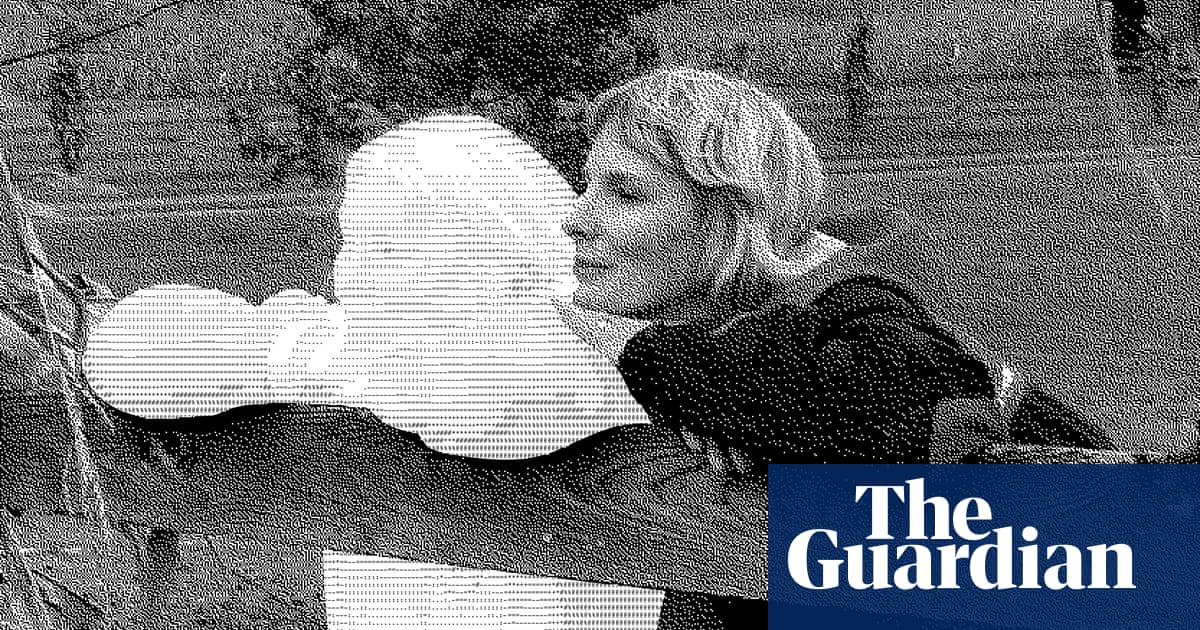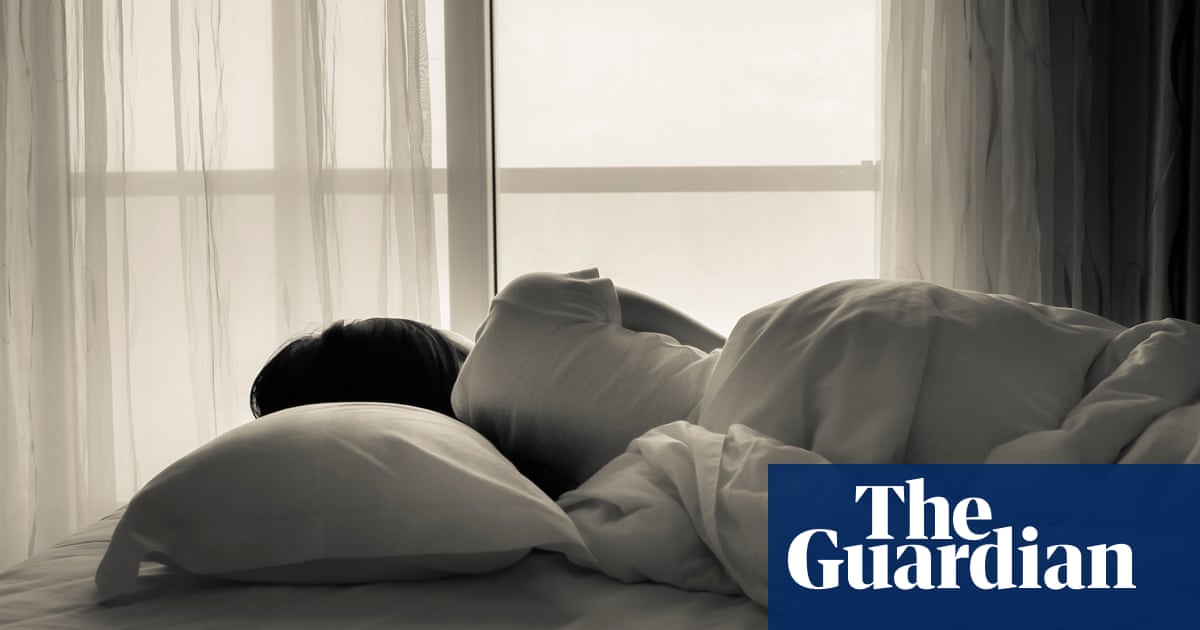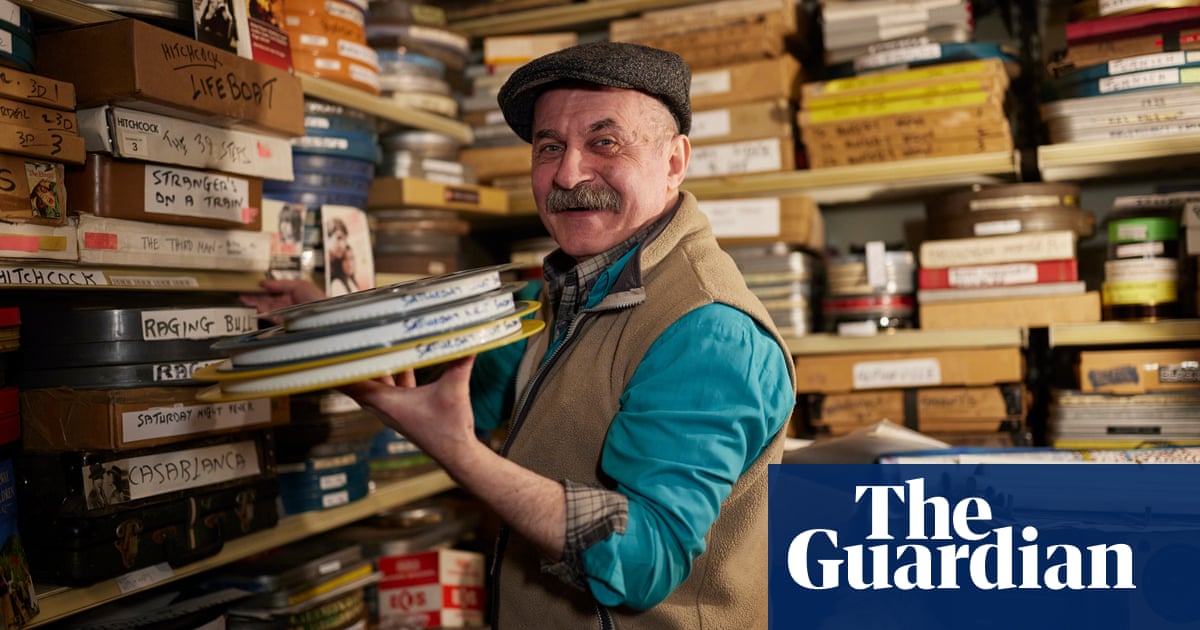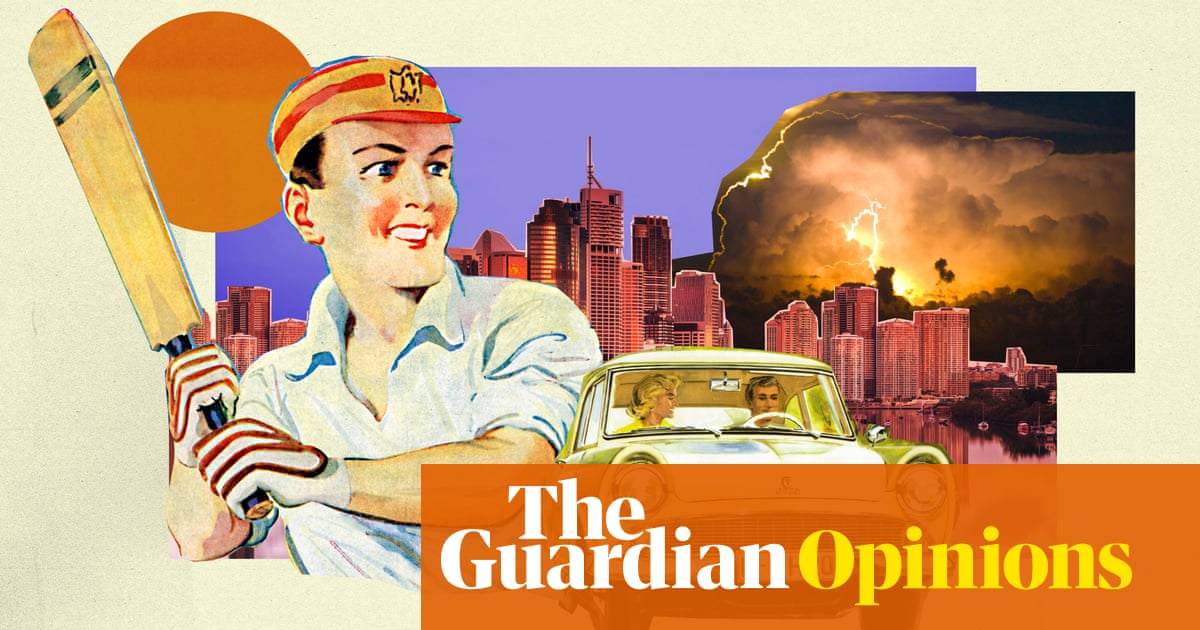
y mum died on 3 June 2020, in the middle of the night. We were in national lockdown at the time. The first one. The one none of us will ever forget. So, when my mum took her last breaths in a Surrey hospice I have yet to visit, I was more than 400 miles away, at home in Edinburgh.
I was lying wide awake in bed when my dad called to deliver the news we knew was coming. I had not slept a wink. My head, heart and – well, there is no hashtag-adjacent equivalent for this – soul had been filled all night with my dying mum, like a cup to the brim. So, although I was not there physically when she left this world, I was awake, lying beneath the same dark segment of northern hemisphere. This matters. It is strange that what haunts you in grief can also heal you.
And it is strange what you find yourself holding on to when you lose someone in a global pandemic. When you happen to be dangling in the bell jar of grief at the precise time that normal life is suspended. When the oncology consultant breaks the news on the phone that your mother, who has metastatic breast cancer, has weeks to live and you cannot just get on a train and go to her. When the normal impulses must be resisted, even as the most senior government adviser in the country remorselessly flouts the rules. When you can say goodbye only once, briefly: masked, gloved and terror-bound by risk. When you cannot stay the night with your dad after your mum’s funeral.
So, what have I learned? Are you flipping joking?
Apart from learning that this question appears to make me want to throw a plate of spaghetti at a wall, like Walter Matthau in The Odd Couple (my mum, dad, sister and I love – or must I now say loved? – that movie as much as Oscar pretended to hate Felix), I must also grudgingly admit that I have never learned so much in my life.
I have learned that grief is a foreign country and we do things differently here. We become tourists in our old existences, constantly losing our minds and keys (twice, in my case), trying to get by with next to no language. We are overwhelmed by the smallest of things – floored by an episode of Gardeners’ World, undone by a leaf falling from a tree. We are somewhere else, in another time, visited by things said and unsaid. And, to some extent, lockdown felt a bit like this, anyway. There is something curiously submarine-like about bereavement that suits the austere character of lockdown. Which is not to say, as some did, that lockdown was an actual form of grief for a lost way of life. No. It. Wasn’t. Grief is not a metaphor. It is grief and grief alone. I learned this, too.
What I mean is that the astringency of lockdown befitted my grief. In those traumatising weeks leading up to and following my mum’s death, when the sight of my own hand turning on a tap could break my heart, I needed to live small in the world, large in my head. Lockdown necessitated this and it helped. I was glad to be instructed by the government to go for the same walk every day. I probably would have been happy to wear state-sanctioned clothes. I wanted to be alone, which I realise is a privilege of falling into the category of frazzled parents, especially women, with young children whose problem during lockdown was not isolation, but the impossibility of carving out a goddamn moment of peace.
Lockdown was a brutal lesson, Victorian in spirit, in the abject and necessary loneliness of grief. So much of mourning happens inside the ruins of your own head. I wanted the world to reflect that. Respect it, even. Basically, Auden was right. I wanted to stop the clocks and pack up the moon, too.
And yet, even though words were useless for a while, the right ones were a life raft. Eventually, writing – the biography-slash-memoir I have been working on; words such as these ones – began to help. “Make it for her,” a friend of mine said of my book after my mum’s death. “You must write about all this,” my mum instructed me in hospital in March, when she was delirious with illness and courageous as a lion. “But be gentle. You don’t want to scare people.”
I have not been able to carry out the rituals I would have, pre-Covid. I have not got into bed with my sister, cried and watched back-to-back episodes of Sex and the City. I have not taken my partner, our children and dog to live with my dad in my parents’ council flat, the place I will always call home, for the summer holidays. I have not been to the hospice where my mum died, although I have haunted the website like a ghost. I have not scattered her ashes in Richmond Park. We have not watched Fawlty Towers together and laughed at the memory of my mum’s Manuel impression, although my dad, sister and I shared YouTube clips on WhatsApp of Geoffrey Palmer, after he died, demanding sausages in one of our favourite episodes.
One day, my sister and I plan to walk her old commute from London’s Waterloo station to Queen Square, where my mum – who trained as a pathologist in Bangalore – was a junior doctor in what was then the National Hospital for Nervous Diseases. One day.
In their place, other rituals have come. My partner bought me a secondhand bike, a 70s Raleigh at least as old as me. Although I haven’t cycled for more than two decades, I pedal to the beach most weeks. Sometimes the North Sea roars and sometimes it is as even as a sheet of glass. I drink a can of ale and feel as alive as a teenager. Once or twice I have even got in the water and literally shocked myself back to life. (The North Sea does this to you, even when you are not grieving.)
I have started going on a “grief walk” around my neighbourhood of Leith that culminates in a view across the river mouth and a private viewing of a stranger’s communal garden. (Apologies to the owner for being the random weeping over your pansies all year.) My mum never came to this precise spot, but oh how she loved gardening. When she was in hospital, she kept begging me to write to Alan Titchmarsh and Monty Don. My entire childhood can be summed up by an image of my cheeky little mum hitching up her sari to grab a cutting from a stranger’s garden.
Now, all of this and more – my mum’s spirit, you could call it – resides here, too, somewhere between the hipster shore of Edinburgh’s old trading port and the endlessly shifting sky.












